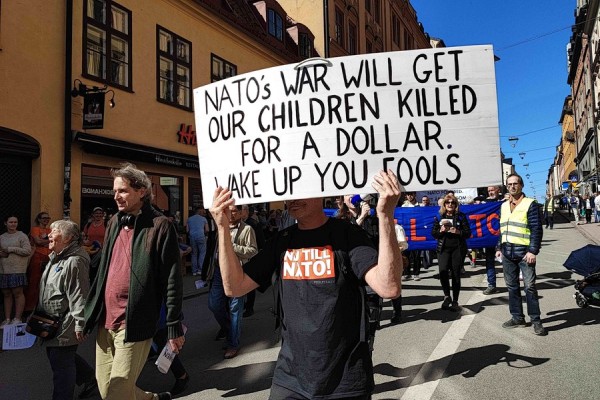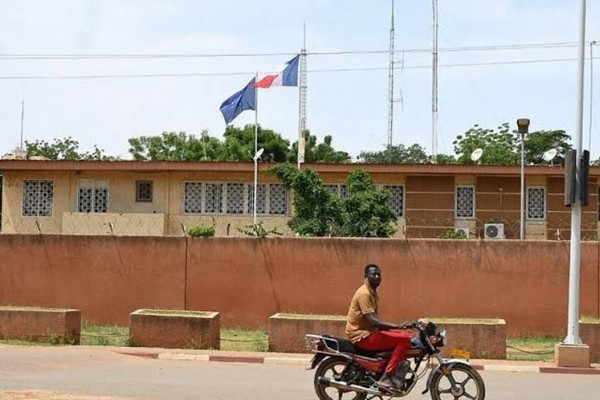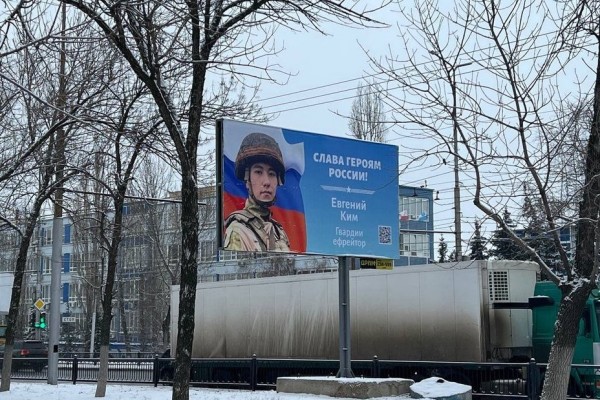-

A freer Russia for whom?
Roher’s documentary gave the game away seconds into its own run-time when the director asked his subject, with barely-contained glee, to imagine a life after his own inevitable assassination—that’s how enthusiastic and impatient Western leaders were to make a martyr out of Alexei Navalny. If I was in Pussy Riot I’d be sleeping with the lights on.
-

An endgame in Ukraine may be fast approaching
Even if Ukraine can somehow regain the initiative, it seems very doubtful that it could ever gain the degree of military superiority that it would need to achieve its stated political objective of restoring its 1991 borders. It would be unwise to say that that is impossible, but at present it’s very hard indeed to imagine how it could be done.
-

Buried trial verdict confirms false-flag Maidan massacre in Ukraine
Ten years since the Maidan massacre, nobody is in prison for the murders and attempted murders of activists and police officers, or for shooting at foreign journalists. The silence on the part of those who deny the false-flag event, or who call these claims a “conspiracy theory” and whitewash the mass murderers of the far-right, is both deafening and revealing.
-

The global crisis of representation intensifies
The fates of electoralism and militarism are entwined. In conditions of renewed cold war, the choices on offer and the potential range of policies and programmes are constrained by national security considerations and the shifting alignments of bloc politics. The voice of constituencies who believe that peace and development should be the priority remain unrepresented.
-

Lenin: a centenary reflection
The cult of personality that the Soviet authorities built around Lenin after his death was fully justified. The revolution of November 1917 really was Lenin’s revolution, and the communist system really was Lenin’s creation. Great impersonal forces matter. But so too does individual agency. The life of Vladimir Lenin proves the point. For good or evil, he changed the path of history.
-

The lost peace and the missing piece
The peace in Europe has been lost, decisively and for our generation almost certainly irrevocably, writes political scientist Richard Sakwa. As always, a peace lost here has global consequences. Equally, there was nothing predetermined about its loss. It was the result of decisions and calculations that in the end undermined the underlying rationality.
-

As French embassy closes in Niger, West Africa charts a new course
Despite sanctions, threats from France, and foreign pushback against the nationalist reclamation of resource wealth, West African states are charting a new course, one of increased economic and security sovereignty. As Owen Schalk explains, this means increasing control of key resources and the forcible end of French military and economic dominance in the region.
-

Next year in Ukraine, expect the unexpected
War has so many variables that attempting to predict its every twist and turn is somewhat foolish. At some point, the balance of power in any given conflict may shift so overwhelmingly in favour of one side or another that one can safely put one’s head above the parapet and predict the outcome. But in the case of Ukraine, we are far from reaching that point.
-

A year later and things are very different in Moscow
As Alexander Hill writes, Russia is a long way from being beaten and in many ways is in a stronger position today than it was at the end of last year. But getting that information out into the mainstream press is becoming more and more difficult—perhaps suggesting that the Western crusade against Russia, using Ukraine as a proxy, is not going to plan.
-

Merkelism is collapsing in Europe. What will succeed it?
The victory of Geert Wilders in the Dutch general elections should provoke intense self-reflection in the European Union. Wilders’ far-right Party for Freedom won 37 seats of 150, becoming the largest party in the House of Representatives and the latest right-wing challenger to ‘Merkelism,’ named for long-time German chancellor Angela Merkel.



